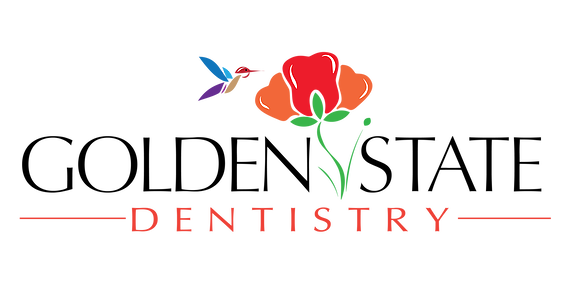
Canker sores are a common oral health concern that can cause discomfort and disrupt daily activities like eating and speaking. While they are not contagious, they can be painful and persistent. Understanding their causes, treatment options, and ways to prevent them can help you manage and reduce their occurrence. If you’re experiencing recurring canker sores, visiting our dentists in Walnut Creek can help diagnose underlying causes and provide effective treatment.
What Are Canker Sores?
Canker sores, also known as aphthous ulcers, are small, painful lesions that develop inside the mouth. They often appear on the inner cheeks, lips, tongue, or soft palate. Unlike cold sores, which are caused by the herpes virus and appear outside the mouth, canker sores are not contagious and result from various internal and external factors.
Common Causes of Canker Sores
Several factors can contribute to the development of canker sores, including:
-
Stress and Lack of Sleep – High-stress levels and inadequate rest can weaken the immune system, making you more susceptible to mouth sores.
-
Nutritional Deficiencies – A lack of essential vitamins and minerals, such as Vitamin B12, iron, and folic acid, can trigger sores.
-
Food Sensitivities – Spicy, acidic foods, coffee, chocolate, and certain nuts can irritate the mouth and lead to sores.
-
Oral Trauma – Biting the inside of the cheek, irritation from braces, or poorly fitting dentures can cause tissue damage, resulting in ulcers.
-
Hormonal Changes – Many women experience canker sores due to hormonal fluctuations, particularly during menstruation.
-
Underlying Health Conditions – Certain autoimmune diseases and gastrointestinal disorders, like Crohn’s disease and celiac disease, have been linked to frequent canker sores.
Symptoms and When to See a Dentist
Canker sores typically start with a tingling or burning sensation before developing into small, round ulcers with a white or yellowish center and a red border. They usually heal within 1-2 weeks without scarring. However, you should see a dentist in Walnut Creek if:
-
Sores are unusually large or persist for more than two weeks.
-
You experience frequent outbreaks.
-
You have severe pain, fever, or difficulty eating and drinking.
-
The sores are spreading or accompanied by other symptoms, like swollen lymph nodes.
Treatment and Relief Options
Although canker sores usually heal on their own, there are several ways to reduce pain and speed up the healing process:
-
Over-the-Counter Remedies – Topical gels, antiseptic mouthwashes, and pain relievers can help alleviate discomfort.
-
Natural Home Remedies – Saltwater rinses, honey, aloe vera, and chamomile have soothing and anti-inflammatory properties.
-
Prescription Treatments – For severe cases, a dentist may recommend corticosteroid mouth rinses or oral medications to reduce inflammation and pain.
How to Prevent Canker Sores
While canker sores can’t always be avoided, adopting these preventive measures can help reduce their frequency:
-
Maintain a Balanced Diet – Ensure you’re getting enough essential nutrients, particularly B vitamins and iron.
-
Avoid Food Triggers – Identify and limit foods that may irritate your mouth.
-
Practice Good Oral Hygiene – Use a soft-bristled toothbrush and non-irritating toothpaste to prevent injury.
-
Manage Stress – Engage in stress-relief techniques such as meditation, yoga, or exercise.
-
Protect Your Mouth – If you wear braces or dentures, use orthodontic wax to prevent irritation.
Conclusion
Canker sores are a common yet manageable oral health issue. By understanding their causes, recognizing symptoms, and following effective treatment and prevention strategies, you can minimize their impact. If you frequently experience canker sores or have persistent sores that do not heal, call our Walnut Creek office at (925) 705-7093 to schedule a comprehensive evaluation.


.jpg?width=712&name=GSD-Scalloped-Tongue-Causes-and-Treatment-Blog-01.27.2210.21.21%20(1).jpg)











.jpeg?width=425&name=GSD-How-to-Combat-Dental-Plaque-07.22.24-2%20(1).jpeg)



